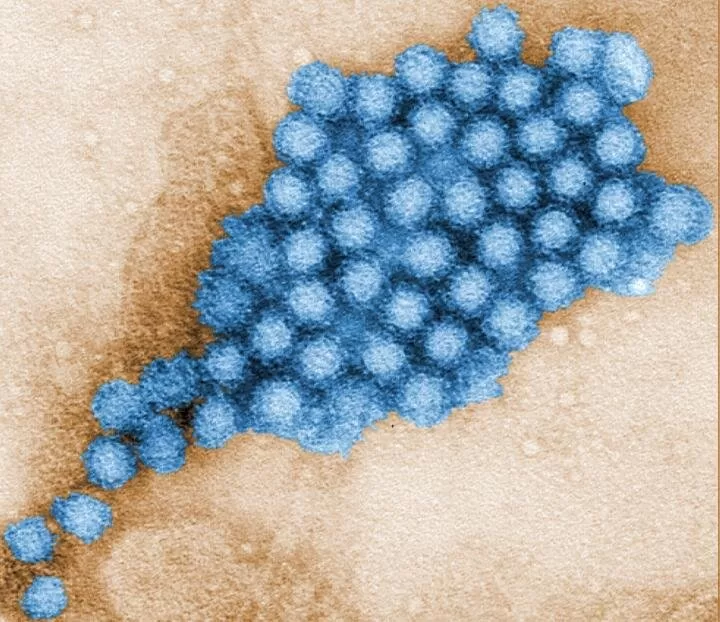As the U.S. grapples with a slow but steady rise in norovirus cases, the nation’s leading cause of foodborne illness, a new report from the National Institute of Food and Agriculture (NIFA) warns that many household cleaners are ineffective against the virus. The Centers for Disease Control and Prevention (CDC) has urged increased caution and higher cleanliness standards, but the report highlights a major shortcoming in cleaning protocols.
“While convenient, the majority of disinfectant wipes on the market are not completely effective at killing norovirus,” NIFA stated. “This is also true for most alcohol-based hand sanitizers, which should not replace handwashing.”
The CDC has confirmed an uptick in norovirus outbreaks, with cases surpassing pre-pandemic levels. Dr. Sanjay Gupta, reporting for CNN, emphasized the virus’s resilience, noting, “Norovirus can live on surfaces for extended periods and is capable of surviving temperatures up to 145 degrees Fahrenheit.”
Unlike many viruses that Americans are familiar with protecting against, such as the flu, norovirus features a tough protein coat that makes it particularly difficult to combat. “Many cleaning products, though marketed as effective against viruses, miss norovirus due to its protective coat,” Gupta explained. While some disinfectants claim to be 99% effective, norovirus often remains in that elusive 1%, he added.
What Cleaning Products Are Effective Against Norovirus?
The report suggests that household cleaners containing bleach or hydrogen peroxide are among the most reliable options for combating norovirus. For those wary of using bleach on kitchen counters, hydrogen peroxide-based disinfectants are a safer alternative. However, most standard cleaners, even those labeled as “antiviral,” fall short when it comes to this resilient virus.
Cleaning Protocols When Norovirus Is Present
If a household member has contracted norovirus, cleaning must be done thoroughly and systematically. According to NIFA, any vomit or stool should be cleaned up first before applying disinfectant. Bleach solutions are most effective, but they can lose potency when exposed to organic materials like bodily fluids.
Gupta recommends mixing a solution of ¾ cup of bleach per gallon of water, then applying it to hard surfaces and allowing it to sit for at least five minutes before wiping it down.
For homes with carpets, it’s crucial to use heat to disinfect. “Norovirus can survive high levels of heat, so a steam cleaner set to 175°F or higher for at least five minutes is necessary to disinfect carpeted surfaces,” Gupta said.
Additional Precautions
NIFA advises discarding any food that may have been contaminated by the virus or handled by an infected person. Laundry should also be washed in hot water with detergent, using the longest cycle possible to ensure thorough cleaning.
As norovirus cases continue to rise, the importance of using the right cleaning methods cannot be overstated. While it may feel like an “undefeatable superbug,” the right combination of cleaning products and techniques can help protect your home and prevent the spread of this persistent illness.












